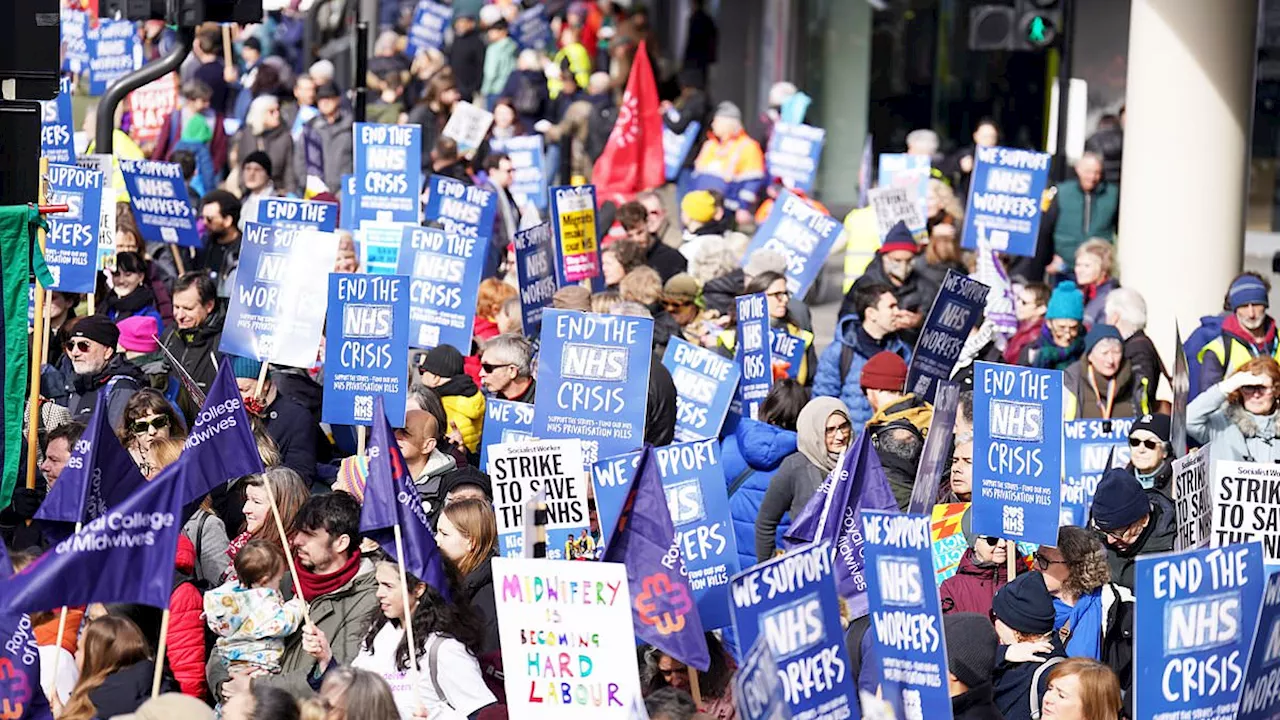To avoid further pay disputes, the government is considering offering public sector workers higher salaries in exchange for reduced pensions. This proposal aims to address staffing shortages without increasing the overall taxpayer burden.
Public sector workers might be offered higher salaries in return for lower pensions under plans to avoid more pay rows, it has been revealed. Teachers, nurses and civil servants could be among those to receive thousands of pounds more in their pay packets now but, in exchange, have their pensions reduced. It is a model being considered as part of efforts to ease staffing problems without increasing overall costs to taxpayers, according to The Times.
The NHS and schools have suffered a series of staff strikes in recent years amid clashes between trade unions and ministers over pay levels. Labour offered a salary boost of between 4.75 per cent and 6 per cent to millions of public sector workers after winning the general election in July. But there have since been fresh threats of industrial action by unions after the Government recommended a less generous 2.8 per cent pay rise for next year. The NHS and schools have suffered a series of staff strikes in recent years amid clashes between trade unions and ministers over pay levels. There have been fresh threats of industrial action by unions after Chancellor Rachel Reeves recommended a less generous 2.8 per cent pay rise for next year. The Cabinet Office is said to be reviewing the balance between pay and pensions, although the Treasury has not yet been consulted on the plans. Officials are exploring ways to allow staff to enjoy higher pay now - when they may be buying a house or having children - in exchange for a lower income in retiremen
PUBLIC SECTOR SALARIES PENSIONS TRADE UNIONS GOVERNMENT POLICY
United Kingdom Latest News, United Kingdom Headlines
Similar News:You can also read news stories similar to this one that we have collected from other news sources.
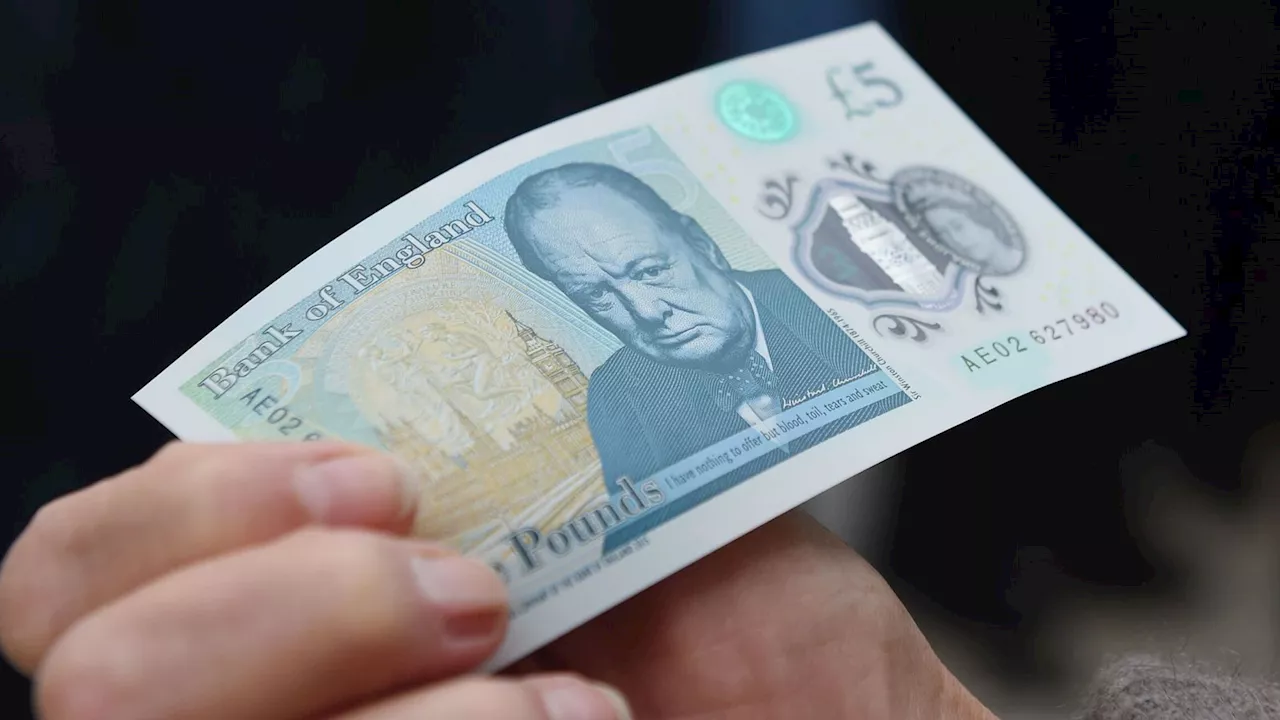 Bankers to scrutinise public sector spending to 'bring private sector into the heart of government'The government is braced for difficult decisions as it said all spending must contribute to its stated aims or it won't be funded. It's the first line-by-line spending review in 17 years.
Bankers to scrutinise public sector spending to 'bring private sector into the heart of government'The government is braced for difficult decisions as it said all spending must contribute to its stated aims or it won't be funded. It's the first line-by-line spending review in 17 years.
Read more »
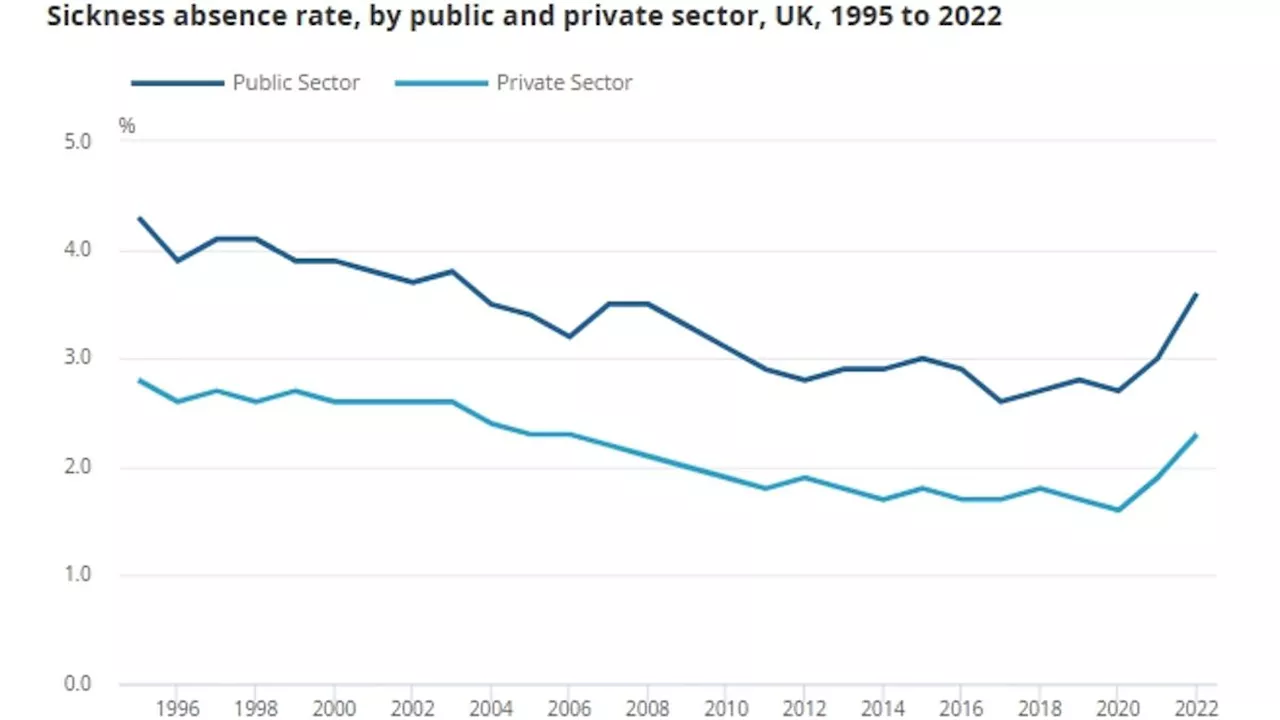 Public Sector Workers More Likely to Take Mental Health Sick DaysA new analysis reveals that public sector workers are more likely to take mental health sick days compared to their private sector counterparts. The Office for National Statistics (ONS) found that 12.9% of sickness absence in the public sector in 2022 was due to mental health conditions, while the figure for the private sector was 6.7%.
Public Sector Workers More Likely to Take Mental Health Sick DaysA new analysis reveals that public sector workers are more likely to take mental health sick days compared to their private sector counterparts. The Office for National Statistics (ONS) found that 12.9% of sickness absence in the public sector in 2022 was due to mental health conditions, while the figure for the private sector was 6.7%.
Read more »
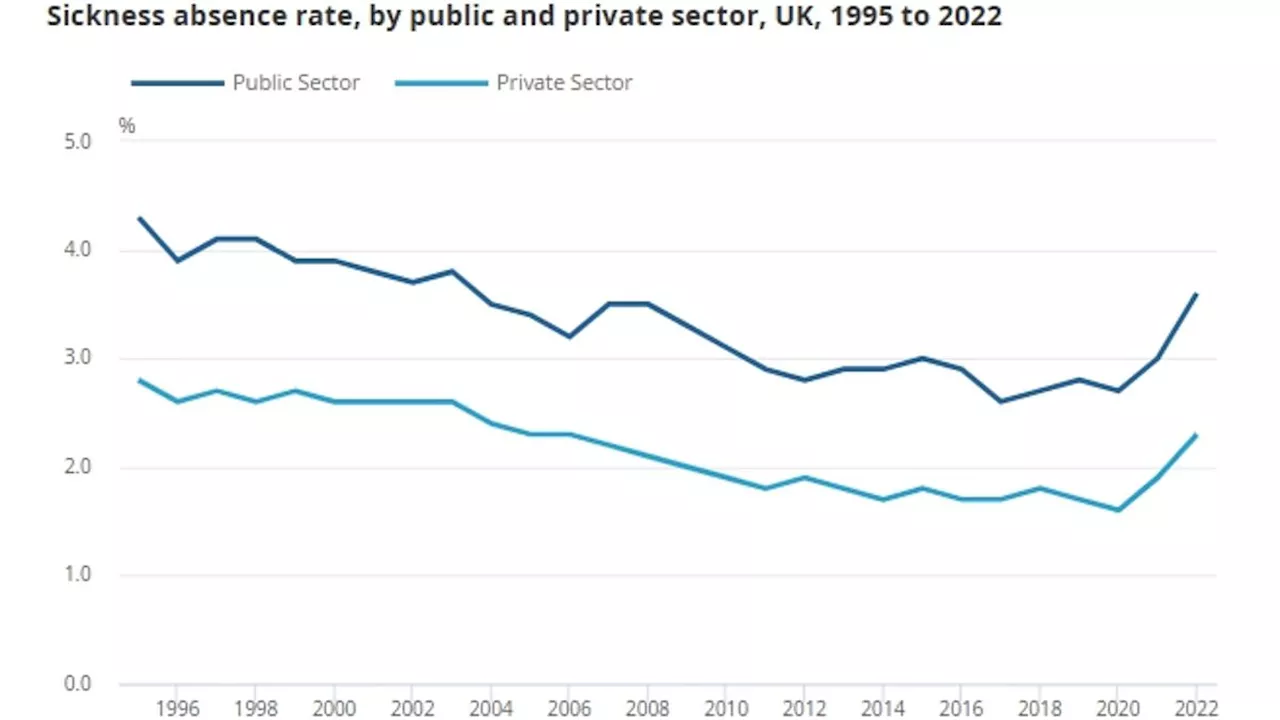 Public Sector Workers Take More Mental Health Sick DaysA new analysis reveals that public sector workers are more likely to take sick leave due to mental health conditions compared to their private sector counterparts. The Office for National Statistics (ONS) highlights a concerning trend with 12.9% of public sector sickness absence attributed to mental health in 2022, contrasting with 6.7% in the private sector.
Public Sector Workers Take More Mental Health Sick DaysA new analysis reveals that public sector workers are more likely to take sick leave due to mental health conditions compared to their private sector counterparts. The Office for National Statistics (ONS) highlights a concerning trend with 12.9% of public sector sickness absence attributed to mental health in 2022, contrasting with 6.7% in the private sector.
Read more »
 Public Sector Pensions: A Costly Burden for TaxpayersThe article criticizes the generous pension schemes offered to public sector workers in the UK, highlighting the growing financial burden on taxpayers. It argues that these pensions, often exceeding those in the private sector, are unaffordable and unsustainable in the long run. The author compares them to Ponzi schemes and accuses the public sector of inefficiency, producing less while enjoying lavish benefits.
Public Sector Pensions: A Costly Burden for TaxpayersThe article criticizes the generous pension schemes offered to public sector workers in the UK, highlighting the growing financial burden on taxpayers. It argues that these pensions, often exceeding those in the private sector, are unaffordable and unsustainable in the long run. The author compares them to Ponzi schemes and accuses the public sector of inefficiency, producing less while enjoying lavish benefits.
Read more »
 Council leader Jim Logue praises public sector employees on Champions DayDay is dedicated to celebrating workers in healthcare, local government and emergency services who have been pivotal in supporting communities during challenging time.
Council leader Jim Logue praises public sector employees on Champions DayDay is dedicated to celebrating workers in healthcare, local government and emergency services who have been pivotal in supporting communities during challenging time.
Read more »
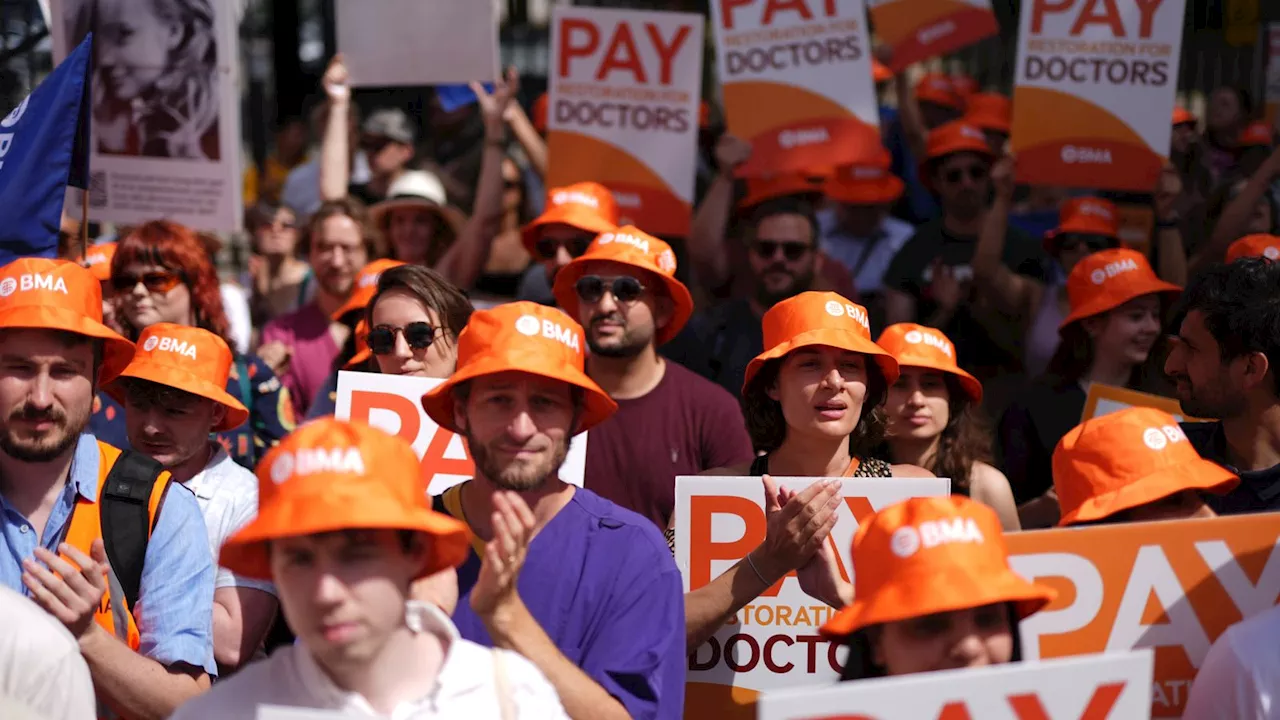 Unions hint at public sector industrial action over 'offensive' 2.8% pay rise recommendationThe Royal College of Nursing says the proposed pay rise is as little as £2 extra a day - 'less than the price of a coffee'. The National Education Union (NEU) said the amount 'won't do'. It follows a period that has meant a combined increase of over 17% over the last three pay awards.
Unions hint at public sector industrial action over 'offensive' 2.8% pay rise recommendationThe Royal College of Nursing says the proposed pay rise is as little as £2 extra a day - 'less than the price of a coffee'. The National Education Union (NEU) said the amount 'won't do'. It follows a period that has meant a combined increase of over 17% over the last three pay awards.
Read more »
